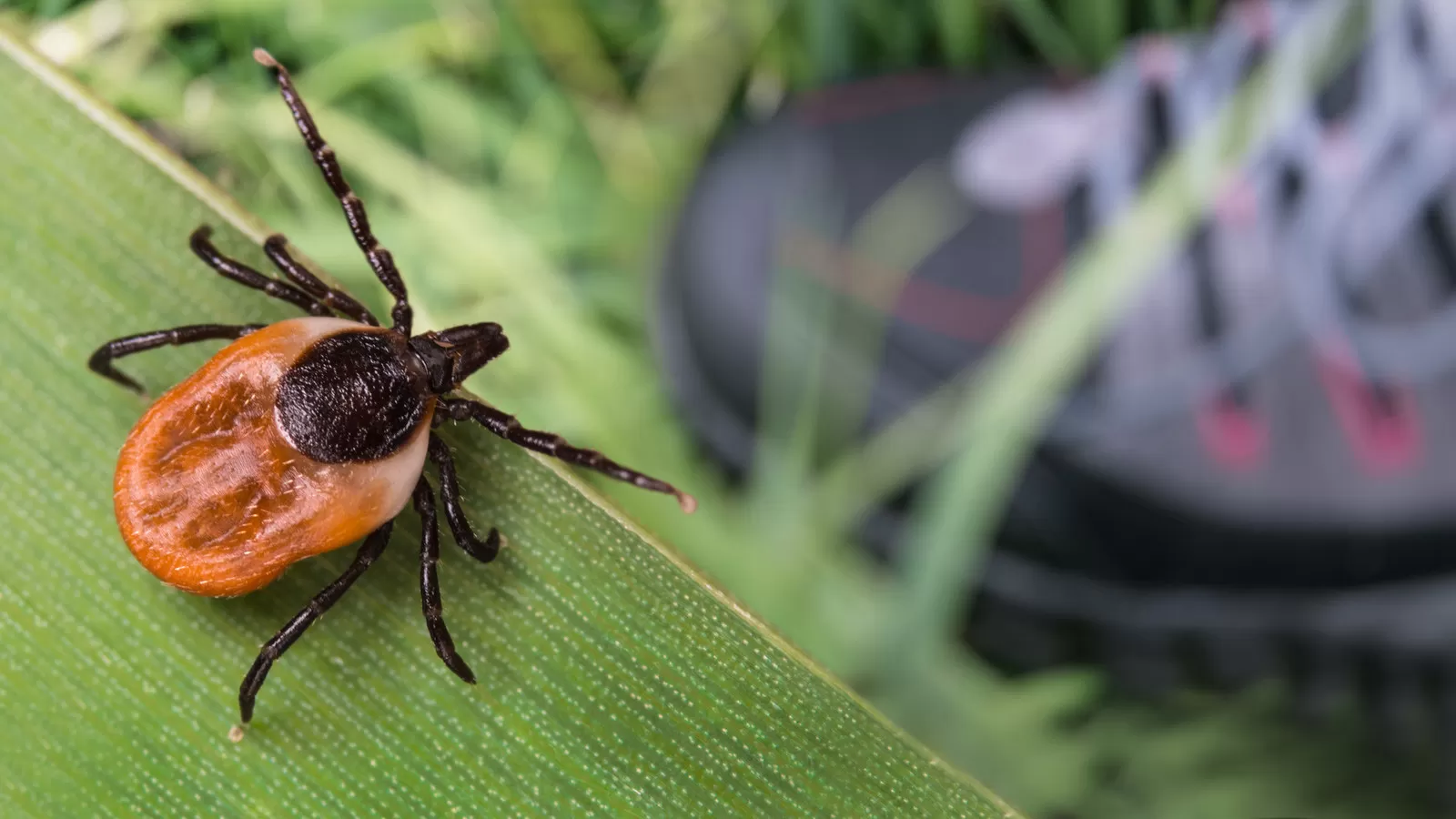A Ticklist for Staying Safe While Spending Time Outdoors

Whether you like camping, taking the dog out for a walk, or simply spending time enjoying nature, it’s always good to be aware of how you and your family can help protect yourselves when you’re outside. Depending on where you live and spend your time, mosquitoes can carry diseases such as malaria, West Nile virus, Zika, and yellow fever.1,2 Also high on the watchlist are ticks, which are second only to mosquitoes for spreading disease in humans if infected with bacteria, viruses, or parasites.3
The names of some of these tick-borne diseases may or may not be familiar— Anaplasmosis, Babesiosis, Tick-Borne Encephalitis (TBE) or Tick-Borne Relapsing Fever, and Lyme disease. These diseases are caused by a variety of pathogens, which when transmitted, can result in an attack on the immune system, leading to a variety of health complications, such as unstable blood pressure, muscle and joint aches, meningitis, neurological problems, respiratory failure, and, in rare cases, even death.4-7
According to The Centers for Disease Control and Prevention (CDC), Lyme disease is the most common vector-borne disease in North America and Europe. Studies show that approximately 476,000 cases occur per year in the United States and 129,000 cases are reported annually in Europe.8-10 As a result of varying disease surveillance systems, many cases of Lyme disease likely remain unaccounted for.
Less commonly known is tick-borne encephalitis (TBE), which can affect the brain and spine.11 Symptoms include those that may be initially mistaken for summer flu.12,13 Ticks infected with the TBE virus have been found in more than 36 countries across Europe, in parts of Asia, e.g., China and Japan and North Africa, e.g., Tunisia.14,15 So, if you’re traveling to any of these countries, you might need to take steps to help protect yourself.
When to be super alert about ticks
For the most part, ticks are inactive during winter.11 However Patrick Kelly, Director of Global Clinical Epidemiology, Tick-Borne Infections, says that changes with a shift of seasons.11 “By the time, temperatures nudge the 43°F/6°C mark, sometimes as early as February, they’re well and truly on the move,” he says. “Unlike many insects, ticks don’t jump or fly. They either lay in wait at the top of vegetation with their legs extended until a suitable host passes by or they may actively “hunt” and seek a potential host by crawling directly to them.”
How to protect yourself from ticks before you head outdoors
When traveling or spending time outdoors, find out if the area is known for ticks or other insects and speak with your doctor to ensure you’re up to date with vaccinations or other preventative measures specific to the area. Then check your kit. Use effective insect repellents to treat your footwear, clothing and camping gear, and wear light-colored clothing which make ticks easy to spot, including long-sleeved tops and long trousers tucked into socks.12 Avoid tick-infested areas of forest and woodland from spring until fall, whenever possible.12
Check for ticks on your return
Use a mirror to check your own body and your children’s bodies for ticks, paying special attention to the hairline, behind the ears, elbows, back of the knees, groin and armpits.16 Generally, people don’t ‘feel’ a tick bite, but may experience a mild itch tick still attached. It’s important to remove attached ticks as soon as possible.12
How to remove a tick
Use fine-tipped tweezers or a tick-removal tool. Grasp the tick as close to the skin as possible, and slowly pull it upwards, taking care not to twist or jerk it as you go. You can dispose of a live tick by putting it in alcohol, placing it in a sealed container, wrapping it tightly in tape, or flushing it down the toilet. Clean the bite with alcohol or wash it with soap and water. If a small part of the tick’s mouth remains in the wound, try to remove it with tweezers. This is not dangerous, and should disappear after a couple of days.13,17,18
When to seek help for tick bites
See a doctor if you’ve been bitten by a tick and the bite area does not start to heal, or if you fall ill within one month of being bitten by a tick.17
![]()





